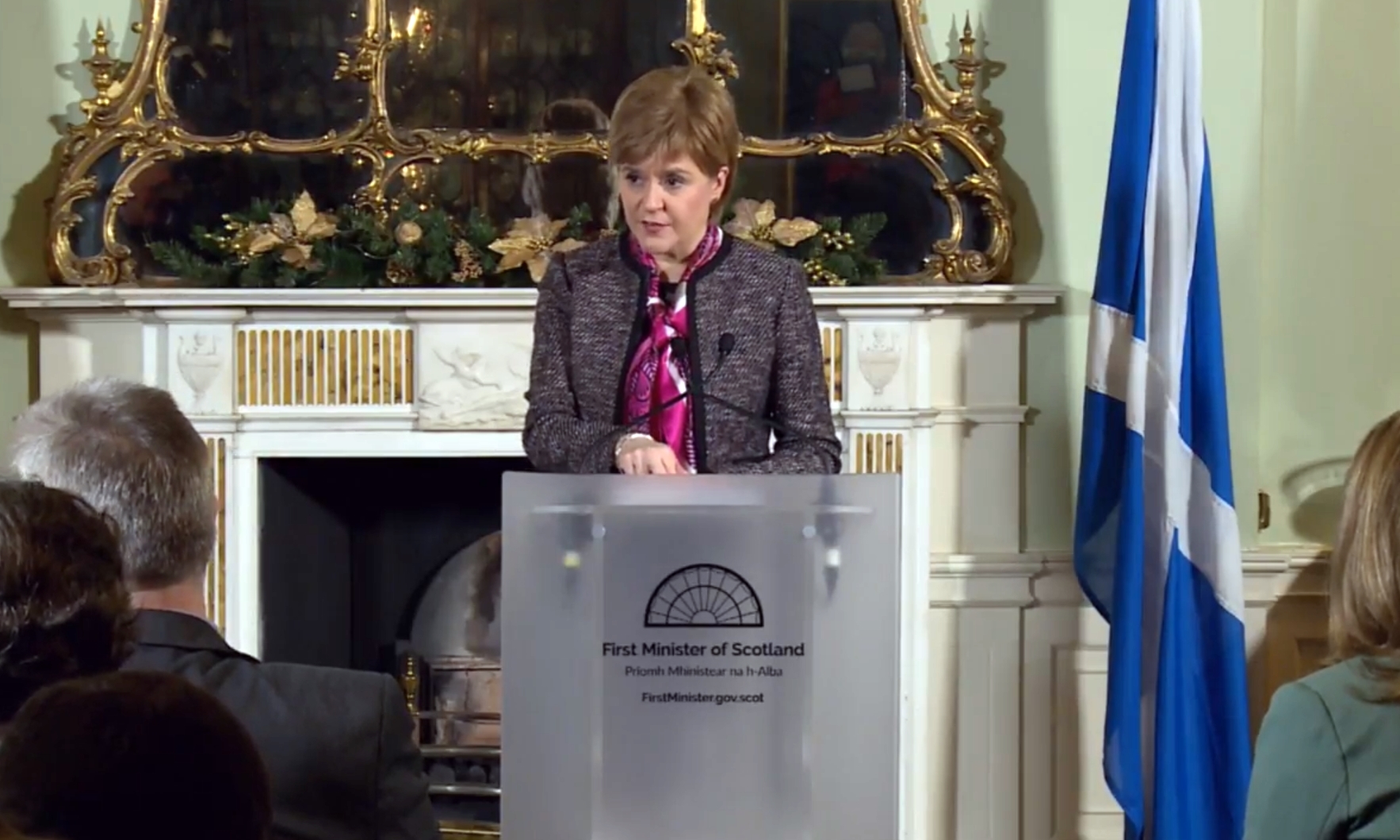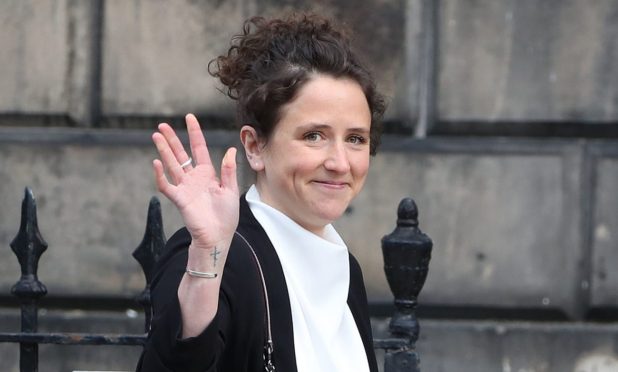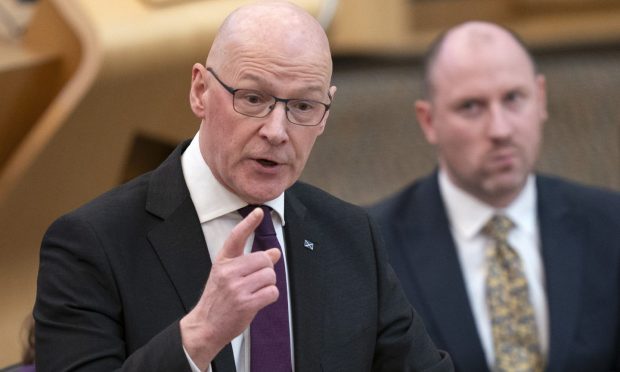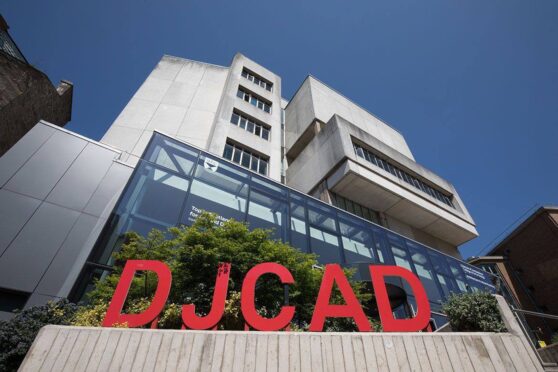Scotland could struggle to achieve Nicola Sturgeon’s Brexit vision without being independent, one of the countries crucial to her plan has warned.
Iceland’s intervention came as one of the First Minister’s advisers on Europe branded the idea of signing up to a Norway-style deal with other small countries outside the EU “problematic”.
Ms Sturgeon put forward her plan to maintain Scotland’s close ties with Europe by joining the European Free Trade Association, claiming such a move could take place whilst maintaining an open border with the rest of the UK even if it is entirely outside the EU.
The blueprint says an independent Scotland with full EU membership remains the “best option” but its top proposal focuses on the UK as a whole staying in the single market.
Ms Sturgeon said if that fails she will seek a deal where Scotland retains its single market membership by becoming a full or associate member of the EFTA.
Its members Iceland, Liechtenstein and Norway pay for membership of the single market but have no say on rules.
The First Minister cited the Faroe Islands bid to join EFTA as a key justification for why a Scotland-only deal would work, but a spokesman for Iceland’s Ministry for Foreign Affairs said there are reservations within the group because the Faroes is part of Denmark.
Asked if there are similar feelings about Scotland, he said: “I think the same argument will probably apply, because being a fully independent, sovereign state has been considered a pre-requisite for taking a full part of the institutional arrangements at EFTA.” He added it is too early to rule anything out and proposals will be listened to.
David Martin, a member of Ms Sturgeon’s Standing Council on Europe, welcomed the document as a “pragmatic attempt to find solutions.” But the Labour politician added: “What the paper proposes is membership of EFTA which of itself is problematic as EFTA is a union of states and we are not a state.”
Ms Sturgeon also demanded a raft of new powers for the Scottish Parliament after Brexit, including controls over immigration and the ability to strike deals with foreign governments.
She said: “Scotland’s Place in Europe is a set of proposals that are detailed and serious, but given the Scottish Government’s belief that independence within the EU is the best option for Scotland, they are also a significant compromise on our part.”
The SNP leader said the paper “does not shy away shy away from the challenges” involved, such as the flow of EU citizens from Scotland to an England that does not accept EU freedom of movement.
But she said there was no need for a hard border because immigration rules in the rest of the UK could demand checks at the point of employment or housing.









